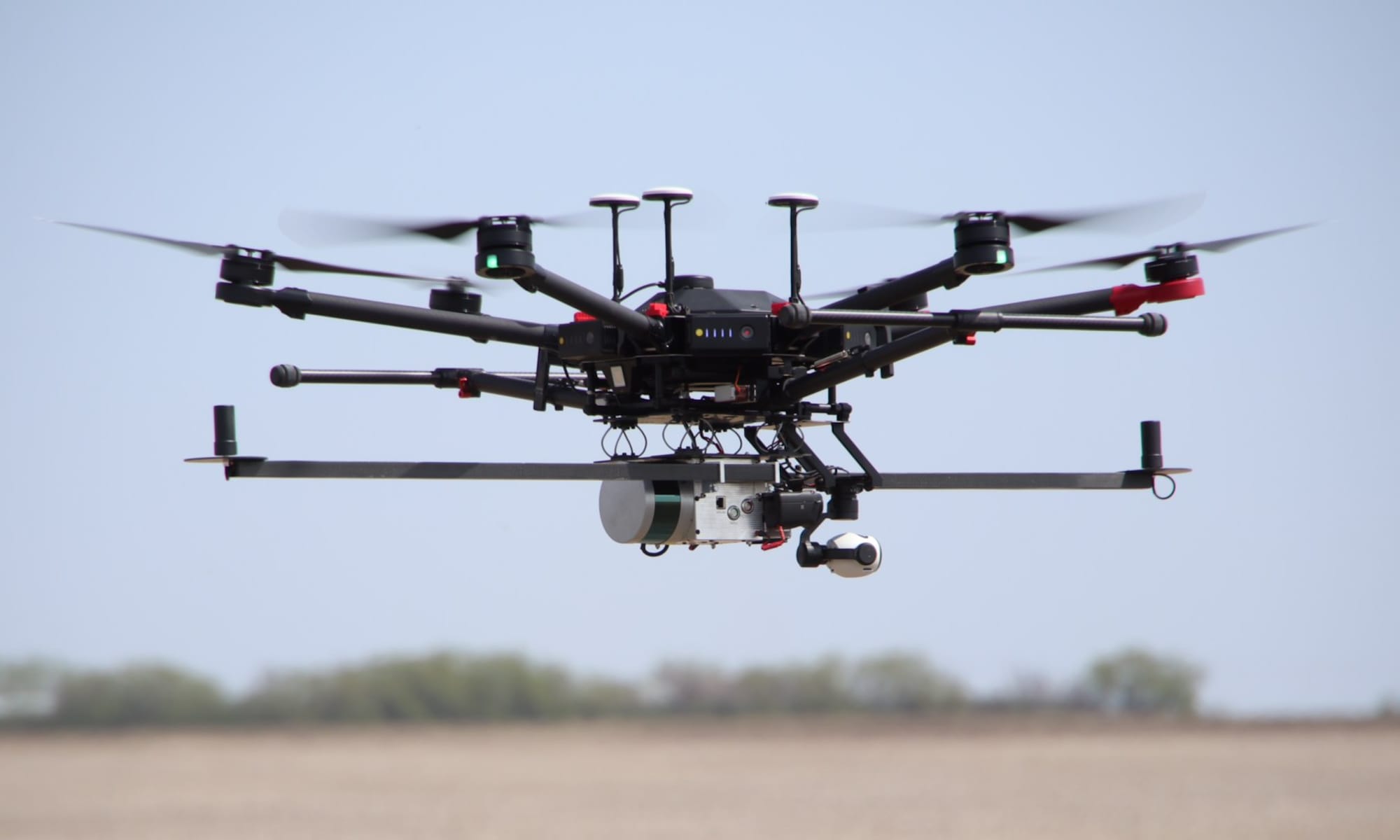Steve Rector, an undergraduate student at the University of Kansas (KU), recently submitted his presentation entitled, “A Low Cost UAV LiDAR System for Application at Archaeological Sites in Anatolia” to KU’s 2021 Undergraduate Research Symposium.
Steve’s research is focused on using low-cost uBlox ZED-F9P GNSS receivers and the Aceinna OpenIMU 300ZI IMU sensor to provide the directly georeferenced positions and orientations (i.e., trajectory) of a Livox Mid-40 lidar sensor for UAS-lidar mapping of archaeological sites. The research is leveraging the OpenMMS sensor firmware and post-processing software applications, and will hopefully be producing georeferenced lidar-based point clouds very soon. Great job, Steve! We are excited with your research and can’t wait to see what you come up with in the future!

